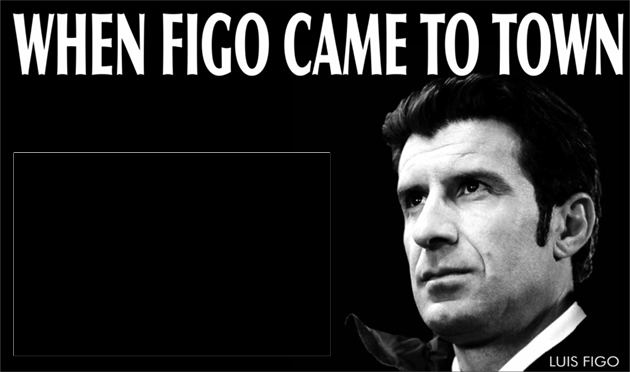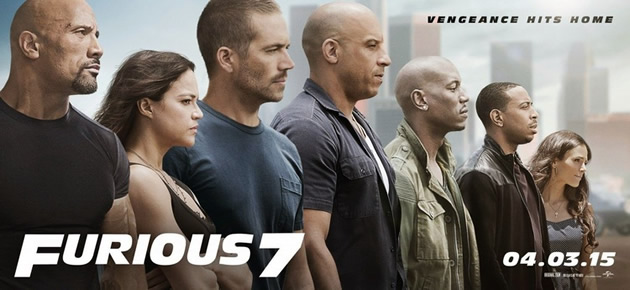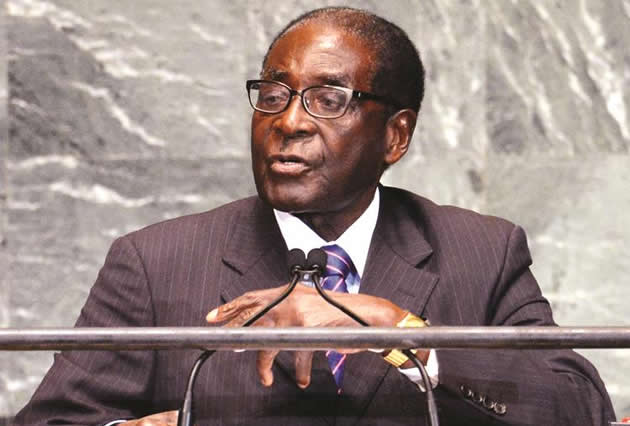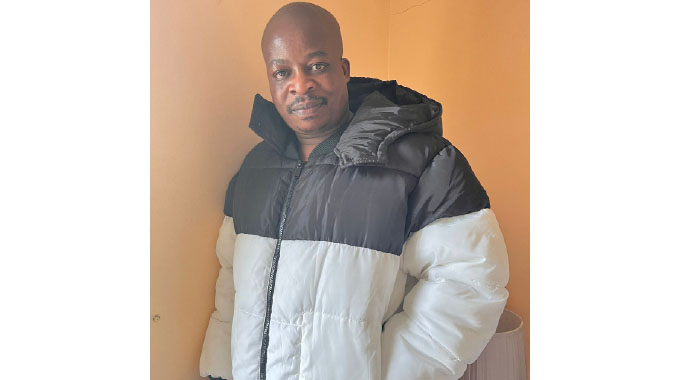When Figo came to town

 Robson Sharuko Senior Sports Editor
Robson Sharuko Senior Sports Editor
CANDIDATES vying for the FIFA presidential post have thrust Zimbabwe as a power broker in the high-stakes battle, with two of the aspirants making this country one of their first ports of call, as they seek support to land the most powerful post in world sport.
Ali Bin Al Hussein, the Prince of Jordan, met senior Government and ZIFA officials during a working visit to Harare this week and The Herald can reveal that football legend, Luis Figo quietly slipped into the country, two weeks ago, on a similar visit.
Figo, who flew into Harare on March 18 and left the next morning, is one of the three men, including Dutchman Michael van Praag, head of the Netherlands Football Association, who are challenging FIFA president, Sepp Blatter, for the most influential post in the world’s biggest sporting discipline at elections on May 29.
Blatter is expected to win the elections.
The Portuguese legend, an iconic figure in world football, says his mission is to “restore the credibility and image of FIFA with a real change in leadership and take necessary steps to create a new and modern FIFA (where he) will lead by example with the highest ethical and moral standards.”
Figo pledges additional funding for FIFA member associations, should he be elected head of the world football governing body, promising that about $2,5 billion from World Cup revenue, will be distributed directly to the associations to fund grassroots football over a period of four years.
He promises an increase in the yearly grants that are given to the associations by the Zurich-based organisation with Figo saying the members will get $500 0000, following a presentation of a concrete project, and $500 000 at the start of the implementation phase of the project.
“The development of football across the world will be my main priority with four key objectives for FIFA, its Member Associations and myself:
• Increase participation of all ages and genders in grassroots football (establishment of tailor-made projects in each country to achieve this objective)
• Project ‘Schools for football’ — Each Member Association to receive a specific payment for projects involving football activities with children as part of their regular school programmes, in close co-operation with the government of their country.
• Project ‘Boys and Girls for football’ — Each Member Association to significantly increase the number of registered boys and girls (target at least 10% growth over the next four years) by creating or enhancing existing grassroots projects.
• Increase expertise in elite and grassroots football development — knowledge exists but it needs to be shared.
• Creation of the project ‘Coaches for football’ with exchange programmes between Member Associations to share best practices in both elite football and grassroots development.
• My focus as FIFA President will be to make sure more children, boys and girls, get the same opportunity I had — better infrastructures, more training, it is time for me to give back to the world of football everything it gave me.
“Top 50 Member Associations to invite, every year, technical representatives of three of the other Member Associations for a two-week seminar for practical training, expand infrastructure and distribution of football material, football pitches (balls and kit to play football are always needed across the globe).
“At least 50% of the Solidarity Funds received from FIFA should be invested by Member Associations in these resources. FIFA will assist with relevant expertise and use its bargaining power to ensure cost effective arrangements.
“Football has been my passion since I was a child. I was very lucky and extremely fortunate to have the chance to play and get training from a very young age. Unfortunately, this opportunity does not exist for most children in the world,” Figo says in his manifesto.
Figo has three proposals about the World Cup — to keep the status quo of 32 teams at the finals or increase the number of teams at the finals to 40, with eight groups of five teams each, which will mean about three to four more days of the flagship FIFA tournament with the additional teams mainly coming from outside Europe.
Alternatively, the Portuguese legend proposes a World Cup with 48 teams, with two 24-team tournaments, played on two continents simultaneously, “for example, Americas and Asia/Oceania or Africa and Europe, followed by a final knock-out stage in one country.”
Figo also proposes to create a FIFA Football Council whose role will be to advise the world football governing body’s President and executive committee on strategic football matters such as the calendar, competition formats, laws of the game and strategies for the game’s development.
“The Council will be composed of highly respected members of the football community (former players, coaches, managers etc) chosen for their quality, experience and respectability to ensure the highest credibility and professionalism of the Council,” Figo says.
“FIFA should also take on board the opinion and views of fans. I will, therefore, set up mechanisms to give the fans the opportunity to finally also have their say on FIFA priorities.
“I will bring diversity and real inclusion to the FIFA administration and appoint, at least, one Director from each continent into the management (today only one FIFA Director comes from outside Western Europe).’
“We should also aim to have, at least, 50 percent of FIFA staff coming from regions outside Europe. Diversity and inclusion should not be simply slogans, they must be reflected in the realities of FIFA’s day-to-day administration and operations.
“I will propose to the Congress a term limit for the FIFA President of a maximum 12-year period.”
Figo says he will work to end the tension between FIFA and UEFA, setting up a FIFA hub in each region, a modernisation of the FIFA judicial structures with the Ethics and Disciplinary Committees being merged and the creation of an Independent Governance, Audit and Compliance Committee which will be in charge of supervising the FIFA President and the entire FIFA organisation.
“I grew up in a working class district of Lisbon playing on the streets and my life changed forever through the power of Football. Because of my upbringing and the time during and after my playing career, I cherish the fact that I am my own man. I don’t owe anything to anybody,” says Figo.
“Therefore, I can serve as FIFA President exclusively in the interest of football and its future.”











Comments